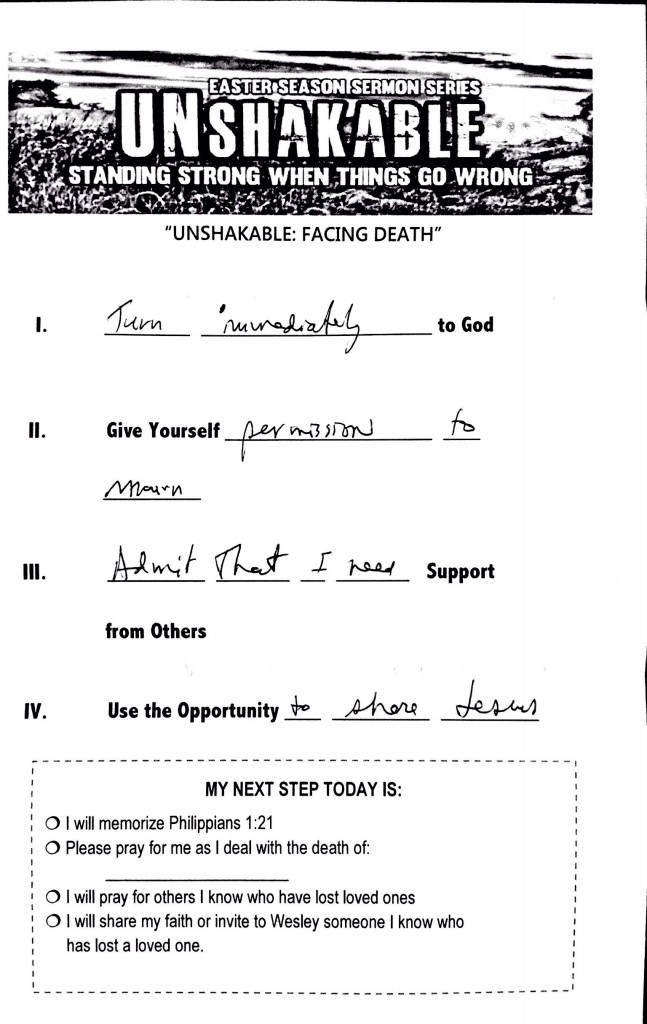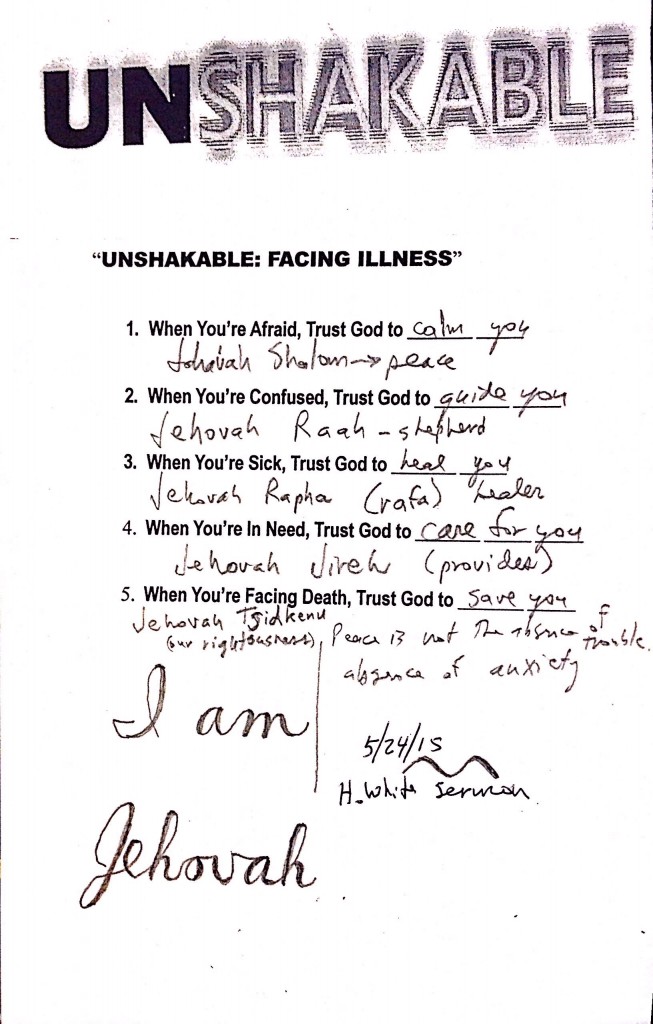For John Calvin, prayer cannot be accomplished without discipline. He writes, “Unless we fix certain hours in the day for prayer, it easily slips from our memory.” He goes on to prescribe several rules to guide believers in offering effectual, fervent prayer.
1. The first rule is a heartfelt sense of reverence.
In prayer, we must be “disposed in mind and heart as befits those who enter conversation with God.” Our prayers should arise from “the bottom of our heart.” Calvin calls for a disciplined mind and heart, asserting that “the only persons who duly and properly gird themselves to pray are those who are so moved by God’s majesty that, freed from earthly cares and affections, they come to it.”
2. The second rule is a heartfelt sense of need and repentance.
We must “pray from a sincere sense of want and with penitence,” maintaining “the disposition of a beggar.” Calvin does not mean that believers should pray for every whim that arises in their hearts, but that they must pray penitently in accord with God’s will, keeping His glory in focus, yearning for every request “with sincere affection of heart, and at the same time desiring to obtain it from him.”
3. The third rule is a heartfelt sense of humility and trust in God.
True prayer requires that “we yield all confidence in ourselves and humbly plead for pardon,” trusting in God’s mercy alone for blessings both spiritual and temporal, always remembering that the smallest drop of faith is more powerful than unbelief. Any other approach to God will only promote pride, which will be lethal: “If we claim for ourselves anything, even the least bit,” we will be in grave danger of destroying ourselves in God’s presence.
4. The final rule is to have a heartfelt sense of confident hope.
The confidence that our prayers will be answered does not arise from ourselves, but through the Holy Spirit working in us. In believers’ lives, faith and hope conquer fear so that we are able to “ask in faith, nothing wavering” (James 1:6, KJV). This means that true prayer is confident of success, owing to Christ and the covenant, “for the blood of our Lord Jesus Christ seals the pact which God has concluded with us.” Believers thus approach God boldly and cheerfully because such “confidence is necessary in true invocation… which becomes the key that opens to us the gate of the kingdom of heaven.”
Overwhelming? Unattainable?
These rules may seem overwhelming—even unattainable—in the face of a holy, omniscient God. Calvin acknowledges that our prayers are fraught with weakness and failure. “No one has ever carried this out with the uprightness that was due,” he writes. But God tolerates “even our stammering and pardons our ignorance,” allowing us to gain familiarity with Him in prayer, though it be in “a babbling manner.” In short, we will never feel like worthy petitioners. Our checkered prayer life is often attacked by doubts, but such struggles show us our ongoing need for prayer itself as a “lifting up of the spirit” and continually drive us to Jesus Christ, who alone will “change the throne of dreadful glory into the throne of grace.” Calvin concludes that “Christ is the only way, and the one access, by which it is granted us to come to God.”
An excerpt from Joel Beeke’s contribution in John Calvin: A Heart for Devotion, Doctrine, and Doxology.
————–
It is no accident that this is reflected strongly in the Lord’s Prayer.


